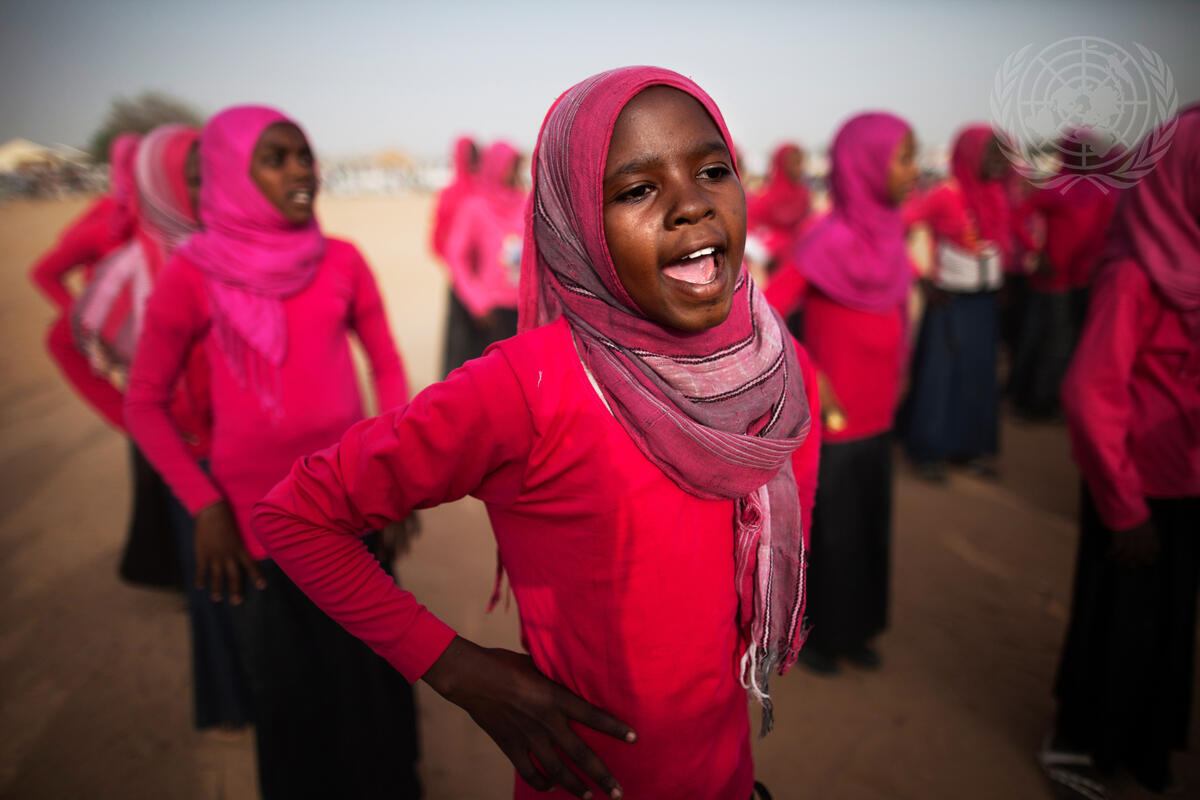United Nations: World Day for Cultural Diversity for Dialogue and Development, 21 May 2025

The Universal Declaration on Cultural Diversity was adopted by the United Nations Educational, Scientific, and Cultural Organization (UNESCO) in 2001. In 2015, the UN General Assembly's Second Committee unanimously adopted the resolution on Culture and Sustainable Development A/RES/57/249, which further acknowledged the world's natural and cultural diversity, acknowledged that cultures and civilisations can contribute to and are essential enablers of sustainable development, and declared May 21 to be the World Day for Cultural Diversity for Dialogue and Development in December 2002 (resolution 57/249).
Every year on May 21, UNESCO hosts the World Day for Cultural Diversity for Dialogue and Development. Improving intercultural communication should be a top priority in order to create cooperation and preserve peace, as 89% of current international conflicts occur in countries with little intercultural communication. According to UNESCO data, one of the main engines of global development is the cultural and creative sector. With more than 48 million jobs globally, almost half of which are held by women, it accounts for 3.1% of global GDP and 6.2% of all employment.
In 2022, 150 delegates from states gathered to attend the MONDIACULT 2022 in Mexico, during which the historic Declaration for Culture was adopted. The Declaration affirms culture as a "global public good" and calls for its integration "as a specific goal in its own right". The Declaration elaborates on the set of cultural rights and ranges from social and economic rights of artists to artistic freedom, rights of indigenous peoples to defend their ancestral land and indigenous knowledge and protection of natural and cultural heritage.
The followup conference is to be held between September and October 2025 in Barcelona, which aims to boost international cooperation on cultural matters, evaluate how well the MONDIACULT Declaration's priority areas are being implemented, promote inclusive discussions on cultural policies with a range of stakeholders, set priorities for a specific cultural goal in the post-2030 development agenda, and help UNESCO Member States improve their cultural information systems for better public policies.
Culture shares a deep commitment to the Sustainable Development Goals. To ensure that all members of society benefit from sustainable development, it is best to engage in ongoing dialogue and leverage the creative potential of the world's diverse cultures in order to achieve the 17 Sustainable Development Goals (SDGs). The UNESCO Culture 2030 Indicators are a set of thematic indicators designed to track and evaluate how well culture is facilitating the SDGs' implementation.
Cultural diversity is essential and current worldwide conflicts make it necessary to bridge the cultural gaps to achieve peace and development.

